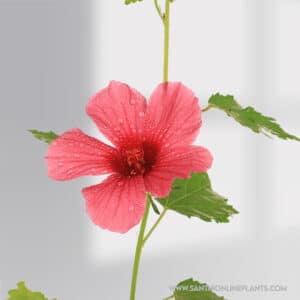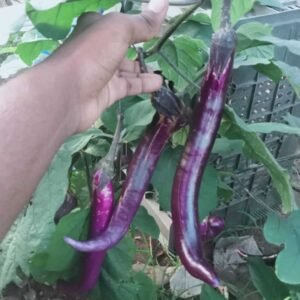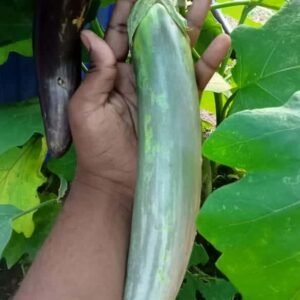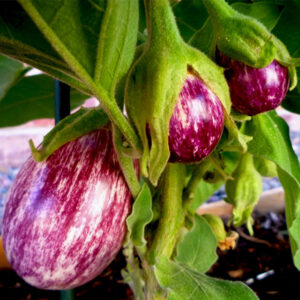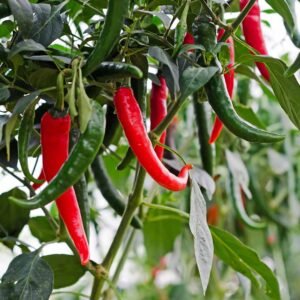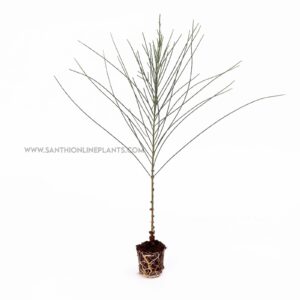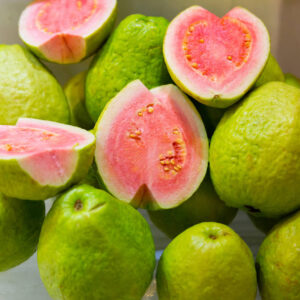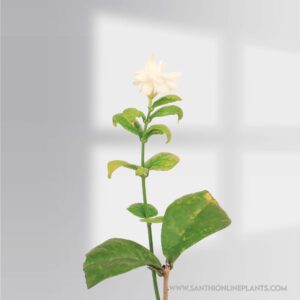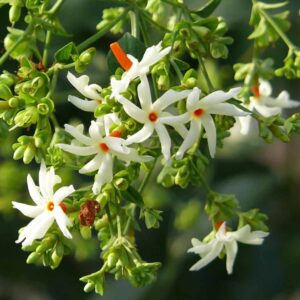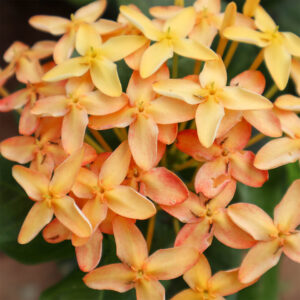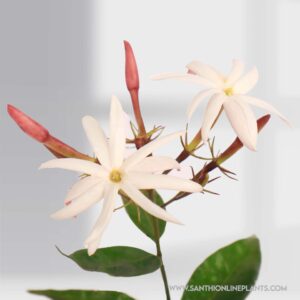Vegetable plants
Vegetable plants are parts of plants that are consumed by humans or other animals as food.
It is usually classified on the basis of the part of the plant that is used for food.
In addition, vegetables can be an organic farming method.
Most fresh vegetables are low in calories and have a water content in excess of 70 percent and less than 1 percent fat.
Nearly all vegetables are rich in fiber.
- Reduce obesity and maintain a healthy weight
- Lower your cholesterol
- Lower your blood pressure.
- Sorry, this product cannot be purchased.
Showing all 9 results




